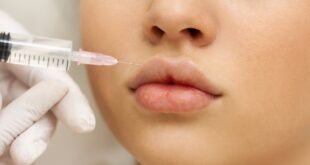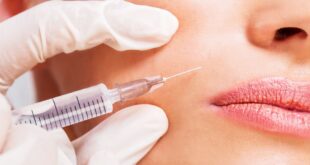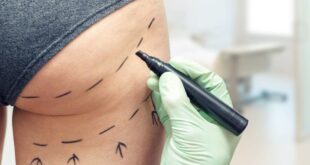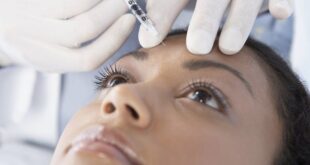Health insurance is a fundamental component of personal finance, providing essential coverage for medical expenses and peace of mind in times of illness or injury. However, the world of health insurance plans can be complex and overwhelming. In this comprehensive guide, we will explore health insurance plans, their significance, and …
Read More »Mind-Body Connection: The Impact of Mental Health on Physical Well-being
Introduction: The intricate relationship between mental health and physical well-being is a fundamental aspect of holistic wellness. The mind-body connection highlights how emotional, psychological, and social factors significantly influence physical health. This article explores the profound impact of mental health on the body, emphasizing the importance of addressing both aspects …
Read More »Beauticians breaking the law on underage lip fillers
IMAGE SOURCE,GETTY IMAGES By Anna Collinson and Maryam Ahmed Health team Some beauty practitioners are illegally offering lip fillers on social media, the BBC has found. It is against the law for under-18s to receive dermal fillers for cosmetic reasons in England. This includes making an appointment or agreeing to undertake the …
Read More »Plans to ban unlicensed Botox providers in England
IMAGE SOURCE,GETTY IMAGES By Anna Collinson Health correspondent Beauty practitioners offering Botox-style injections or dermal fillers could be required to have a licence, as part of government plans to protect patients in England. It is hoped this will ensure consistent standards in an industry previously called the “Wild West” by …
Read More »Call for body-image warnings on retouched photos
Harmful body expectations mean ads should carry warnings if model photos are digitally altered, say MPs. The Health and Social Care Committee wants the government to quickly introduce new laws. It also said social media promotion of cosmetic services such as dermal fillers should be tightly regulated. Those booking a procedure should …
Read More »Brazilian Butt Lift can be made safer say surgeons
IMAGE SOURCE,GETTY IMAGES By Michelle Roberts and Elena Bailey BBC News UK plastic surgeons have released new guidelines to try to make Brazilian Butt Lift (BBL) procedures safer for people who desire a bigger bottom. Some women have died from the operation, which involves sucking out fat from elsewhere – such …
Read More »UK cosmetic procedure numbers recover after Covid
IMAGE SOURCE,GETTY IMAGESImage caption, Private cosmetic procedures are on the up according to BAAPS By Annabel Rackham BBC News The number of cosmetic procedures taking place in the UK has continued to increase following the pandemic, according to the British Association of Aesthetic Plastic Surgeons (BAAPS). Breast enlargement remains the …
Read More »Botox providers in England facing stricter rules
IMAGE SOURCE,GETTY IMAGES The government could ban unlicensed providers of cosmetic treatments in England, in what industry bodies say would be the biggest shake-up in a generation. Under the plans, anyone carrying out Botox, breast or butt lift injections would have to be trained and licensed, with their premises also …
Read More »At least 30 E.coli cases may be linked to recalled cheese – HSA
Image caption, Mrs Kirkham’s Lancashire Cheese Ltd said it was recalling all cheese bought between 1 October and 24 December At least 30 confirmed cases of E.coli may be linked to contaminated cheese that was recalled on Christmas Day, the UK’s health security agency has said. An urgent recall of …
Read More »Why Covid is still flooring some people
IMAGE SOURCE,GETTY IMAGESImage caption, Scientists say people’s antibody levels against Covid are probably as low now as they have been By James Gallagher Inside Health presenter, BBC Radio 4 What is it like to catch Covid now? It is a question I have been pondering since a friend was surprised …
Read More »








